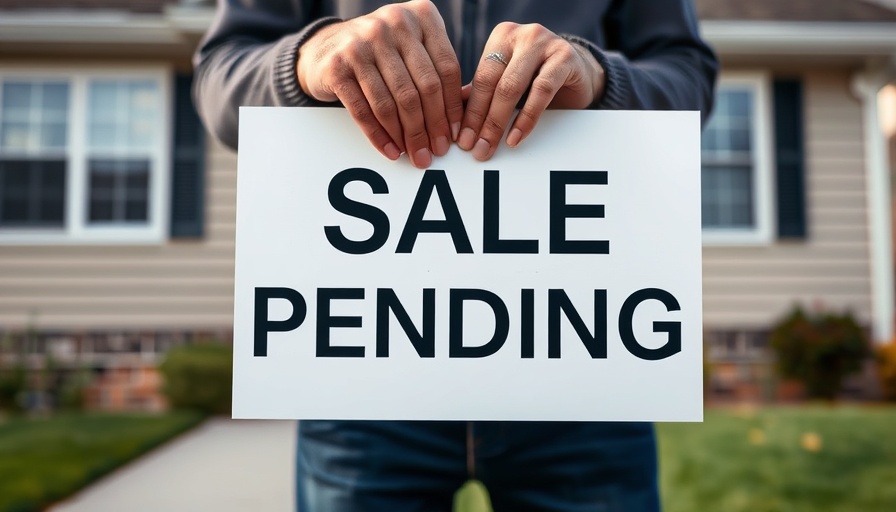
Preparing for Closing Day: What Every Seller Needs to Know
As a seller, closing day marks the final chapter in your real estate journey. This day symbolizes not just a transition of ownership, but a critical financial transaction that needs meticulous preparation. Knowing what to bring to closing is essential for ensuring that the process goes smoothly and efficiently.
What to Expect at Closing
Knowing the expected timeline and proceedings at closing can significantly ease anxiety. A typical closing session lasts between one to two hours; however, delays can occur, particularly if all documents aren't in order. Here’s what to generally expect:
- Document Signing: You will need to sign various documents, including the deed transfer and closing statement.
- Funds Transfer: After signing, all relevant financial transactions will take place, ensuring your mortgage and other costs are satisfied.
- Key Handover: Once funds are processed, you will hand over the keys to the new homeowners.
- Final Recording: The transaction will then be recorded officially by the county, solidifying the transfer of property.
The Essential Items to Bring to Closing
Preparation is key, and making sure you bring the necessary items can help avoid unnecessary delays:
- Government-Issued ID: Ensure you have a valid photo ID, which is essential for identity verification.
- Keys and Access Codes: Don’t forget to collect all necessary keys and any access codes linked to your property.
- Closing Statement: You should bring a signed copy of the closing statement detailing the final terms of the sale.
- Repair Receipts: If repairs have been made, bring all pertinent receipts that demonstrate the condition of the property.
- Utility Bills and HOA Documents: Recent bills and documents governing your homeowner's association can be crucial, particularly if they influence costs for the buyer.
- Mortgage Payoff Details: If there’s an existing mortgage, documentation related to its payoff will be vital.
Tips for Remote Closings
In today’s digital age, remote closings have become more commonplace, especially amidst the ongoing shifts in the real estate market. If you’re closing remotely, ensure you have...
- All documents available in digital format, including notarized forms.
- Secure internet access for video calls or electronic signatures.
This shift to remote processes can offer flexibility, but may also require a little additional organization on your part.
Future Insights for Sellers
As technology continues to evolve, the home closing process may further adapt to meet the needs of buyers and sellers alike. Virtual tours and digital signatures are just the beginning. Understanding how these changes might impact closing procedures can prove advantageous in your next sale. Stay informed about...
- Innovations in real estate technology
- Legal changes affecting closing procedures
- Market trends that could influence your profit margins
Conclusion: Seize the Opportunity
Understanding what to bring to closing as a seller is essential to ensuring a smooth transaction. With the right preparation and knowledge of the steps involved, you can navigate this final stage successfully. Whether you're working with a seasoned realtor or managing the sale yourself, don't underestimate the importance of being well-prepared. Your next sale could be a gateway to exciting opportunities in the real estate market. For the best insights into your local market, keep reviewing essential guides tailored to your region.
 Add Row
Add Row  Add
Add 




Write A Comment